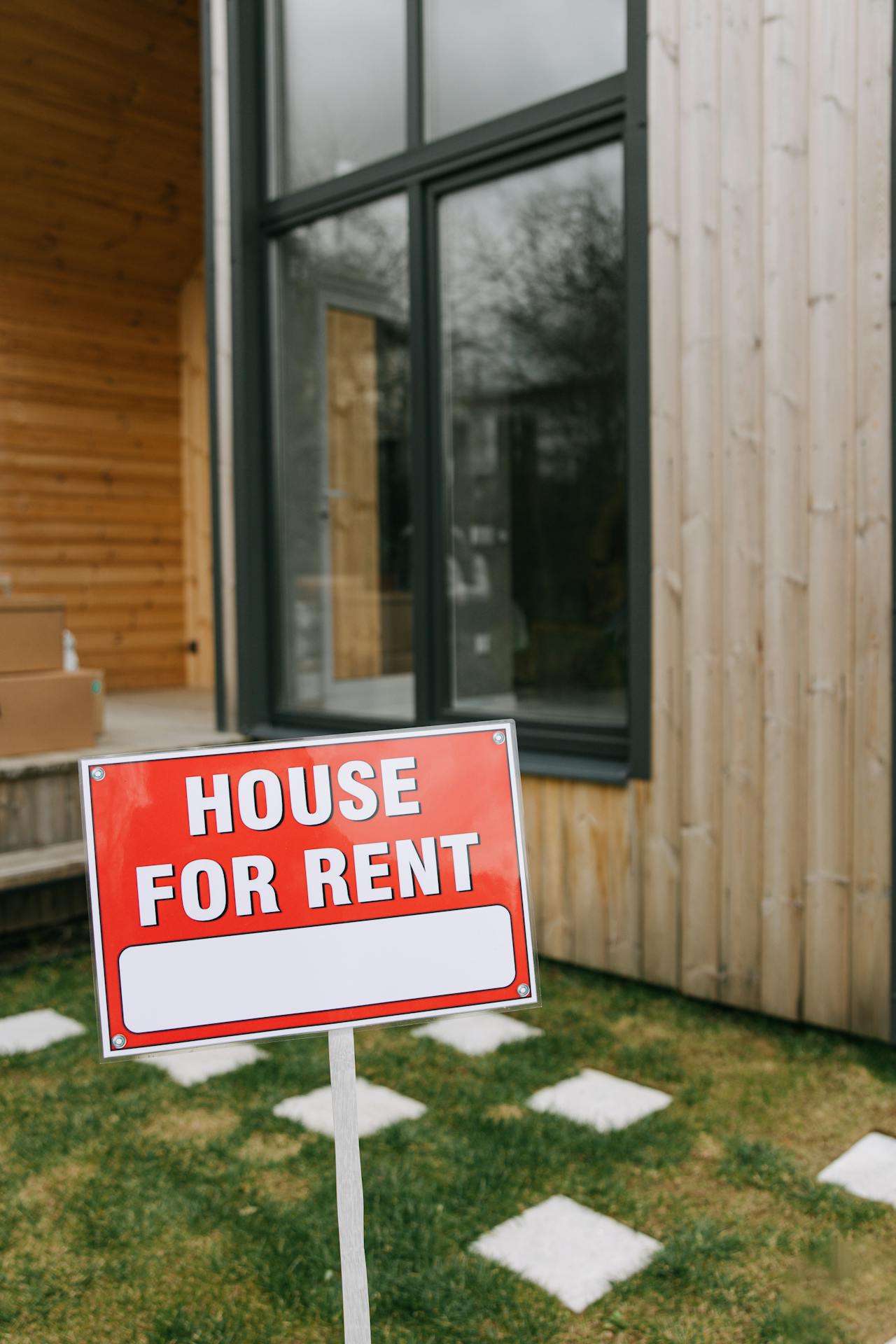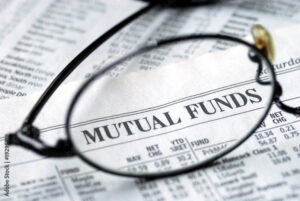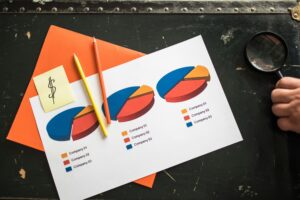If you really want an army of people yelling at you, to tell you how stupid you are, just state that their house is almost certainly a BAD investment!!! In fact, in most cases, its not an investment at all. Let me make this plain. An investment involves an asset that produces something of economic value. A house is certainly an asset – but ask the simple question – What does it produce of economic value? If you own a house to employ as a rental property, it produces rent. In this context, the house is an investment. On the other hand, if you own a house for the sole purpose of living in it – it produces nothing of economic value. Therefore, it is not an investment.
In addition, if you own land that is used to grow crops, the land is almost literally producing something of economic value. But if you own land to keep your house on that you live in, and it produces nothing, it is not an investment either. Neither the house that you live in, nor the land that it sits upon are investments. However, it is perfectly reasonable to refer to both the house and the land as assets. Both certainly have value in that they can be exchanged for cash at any time, even though that happens in a ridiculously inefficient way. Of course, the land and house are typically closely tied together, so we think of this as a package of assets.
The standard response at this point is to state that owning the house produces an “implied” value because it allows me to avoid paying rent. But there are a number of painful truths here. First, your house is a DEPRECIATING asset. If you do nothing to sustain, and improve a house, after 20 or 30 years it will be a raggedy pile of outdated scrap. You will still be able to find someone to buy it as long as it sits on the land. A buyer always has the option to tear it down and build something new. The simple truth is that you cover up the depreciation of your house by constantly spending money on it. You maintain the lawn, you keep it clean, you paint something every few years, you replace the roof after the hail storm, you replace the windows after the hurricane, you replace an HVAC systems every decade or so, etc, etc. In addition to all of these outlays, you pay property taxes, you pay insurance premiums, and you make interest payments on a monthly basis. All of these cash outlays counter-balance the natural depreciation and mask the fact that the “increase” in value was almost entirely financed by your outlays and efforts after the initial purchase.
At this point, you are likely to be thinking something like – Shut up you idiot. My father bought a house for $10,000 and after he died, I sold it for $1,000,000. That’s a great investment.
This is a classic manifestation of the Salience Bias (https://www.thebehavioralscientist.com/glossary/salience-bias) This is the notion that, what stands out in the mind is the information that is most noticeable or striking, and we assign more significance to it than it deserves. For example, if your father bought a house 60 years ago (like mine did) and you sold it recently (as I have) it is easy to note the two price points, and to ignore the fact that this evolved over a 60-year horizon. Consider this. $10,000 invested 60 years ago will grow to $1 million today if it has a growth rate of 8%.
Of course, this ignores the fact that you spent up to 3% per year on maintenance, insurance, taxes, etc, to get this return. Therefore, your net return was really closer to 5%. This also ignores the fact that inflation averaged a little over 3% per year over that same period, so your Real (Accounting for inflation) return was about 2%. Stated in a different way, $10000 gives an inflation and cost-adjusted value of $32,000 after 60 years because the net, real gain was closer to 2%. For comparison, an S&P 500 Index fund over the same period, averaged a roughly 5% REAL return with virtually no costs, so $10,000 would have produced, $186,000 in constant dollars after 60 years. Notice that this gap (5% vs 2%) does not produce a gain that is 5/2 or 2.5 times greater. It is actually, 186/32 or almost 6 times greater. This gap is the impact of compounding at a higher rate over an extended period of time.
But wait there is more. In my case, I didn’t get anywhere near $1,000,000 for my father’s old house. In fact, I really only got about $50,000. The buyer only wanted the land, and the land was of limited value because all of the neighboring pieces of land had similar, run down 60 year old houses on them also. So in truth, the house sold for much less than the present value of its purchase price. I made money in a mathematical sense, but lost money when accounting for inflation.
However, I argue that the bias towards home ownership and viewing it as an investment actually stems from a much deeper source. Buying or selling a house is an emotional event. Therefore, it is easy to convince oneself that the market for houses is not efficient. If this is true than a “Smart buyer like me” is sure to do well. Let me explain. Virtually everyone has to live someplace. You always have an option to rent or to buy that space. If the prices for rental spaces and homes to own are priced in an economically fair way, then the net gain at the end of the day from renting or buying will be about the same. However, if the market is not efficient, then I can make a killing.
Here is the painful part. The cost of owning a home is greater than just the mortgage payment, as explained earlier. A renter can pocket the difference between the costs of owning vs. renting and invest it. If markets are efficient, then both approaches will be priced fairly, and the end result should be about the same. In other words, the real, cost adjusted value of the house should be about the same as the effect of renting a house, and investing any savings realized from that approach. If renting is better than buying, then rents will rise until these final outcomes are about equal. If buying is better, then purchase prices will rise until the same equilibrium is reestablished.
Ben Felix explains this brilliantly in a recent video (https://www.youtube.com/watch?v=j4H9LL7A-nQ&t=547s).
In short, the argument goes like this. The total cost of ownership includes Maintenance, Depreciation, Property Taxes, and an Opportunity Cost. This opportunity cost is that same gap that I mentioned above: an annual real return of 5% for stocks minus the 2% real, net return for home ownership. Thus, we have a 3% difference, that we can label as an Opportunity Cost. If we add 2% in ongoing costs (including property taxes) and this 3% opportunity cost, we get a total of 5%. This suggests that if the markets involved are efficient than a fair rent level is about 5% of the home’s value.
Felix points out that the average price for buying an apartment in Canada in March of 2025 is about $512,300. If we take 5% of this value and divide by 12 to get a monthly figure, we get $2,134. This is known as the “Implicit” monthly cost of owning the average apartment in Canada. In comparison, the average rent in Canada today is $2119. In other words, the true cost of owning and the cost of renting are virtually identical. Again, economic theory suggests that this has to be true. If this gets too far out of balance, then the prices will adjust until we move back to this equality.
Let me be clear. I did NOT say that renting is better than owning – or vice versa. In fact, I will accept the claim that for most people, buying is a much better idea. This is true because the comparison that we made above implicitly assumes that the renter is an extremely disciplined investor, in that they take any savings from renting vs buying and invest them immediately and never “blow” through the free cash that renting frees up. Most people are not capable of doing this with perfect consistency. Consequently, buying the home is a form of “forced savings” that is likely to leave you in a better position.
What I am saying is that, you should not feel any pressure to buy now simply because buying a home is the best investment because that statement is simply not true.



